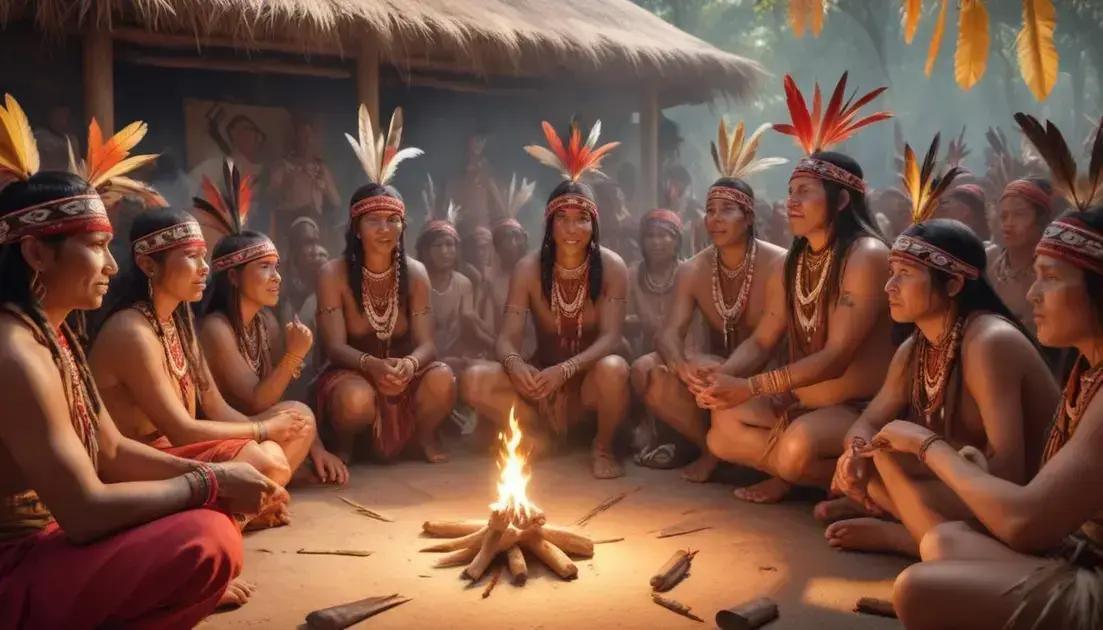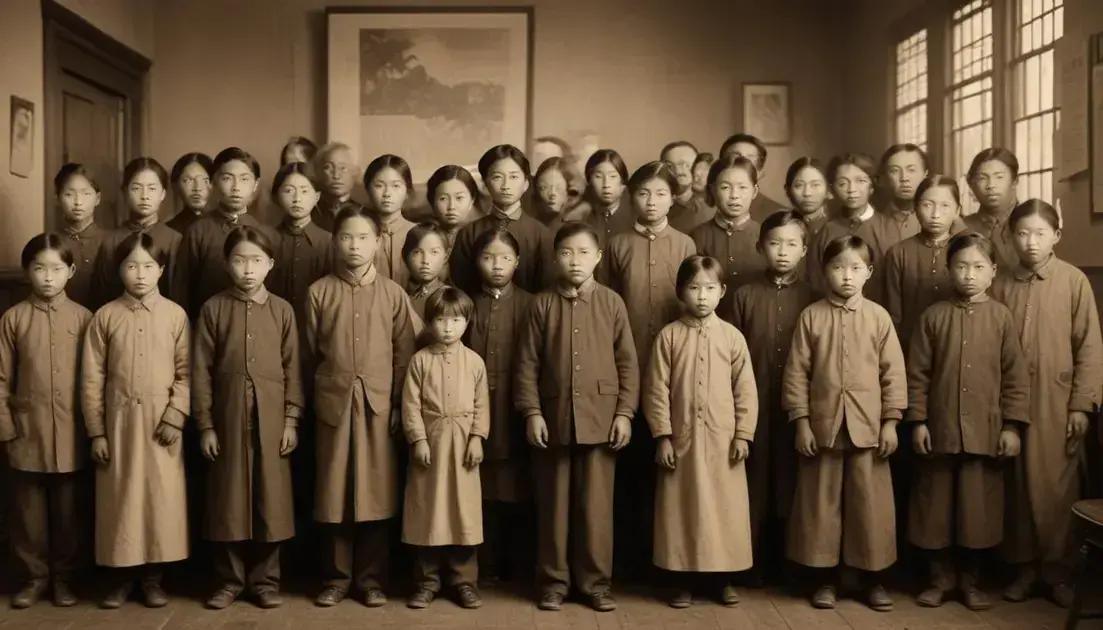
Delhi Declaration: Rights of Global Indigenous Populations
The Delhi Declaration emphasizes the significance of Indigenous rights globally. It aims to improve recognition of their cultural, territorial, and participatory rights. By advocating for these rights, Indigenous populations can protect their identities, land, and resources, while actively participating in decision-making processes that impact their communities. Supporting Indigenous education and economic opportunities fosters empowerment, ensuring that their voices are respected and included in future global discussions about rights and environmental issues, ultimately promoting cultural diversity and equality.
Indigenous Rights are at the forefront of a major global conversation. The recent Delhi Declaration highlights their importance and implementation worldwide. But what does this mean for us and future generations?
Overview of the Delhi Declaration
The Delhi Declaration is a significant step forward for Indigenous rights globally. This document aims to ensure that Indigenous peoples receive fair treatment and recognition. It was created to highlight the importance of cultural identity and territories.
Moreover, the declaration emphasizes the need for participation in decision-making processes that affect Indigenous communities. This means that Indigenous voices must be heard when it comes to policies that impact their lives.
The declaration also reflects international commitments made by countries to protect Indigenous rights. Countries agree to promote and respect traditions, languages, and cultural practices. This is vital for the survival of Indigenous cultures.
Importantly, the document encourages collaboration among nations to improve the lives of Indigenous populations. By working together, countries can share best practices and support development projects that benefit these communities.
In summary, the Delhi Declaration marks a new era of hope and recognition for Indigenous peoples. It paves the way for better understanding and respect across nations.
Importance of Indigenous Rights
Indigenous rights are vital for the survival and flourishing of Indigenous cultures. These rights ensure that Indigenous peoples can maintain their unique identities and ways of life. When these rights are respected, it fosters a sense of belonging and pride among Indigenous communities.
Furthermore, respecting Indigenous rights helps protect their lands and resources. Many Indigenous groups have lived on their ancestral lands for generations. By allowing them to manage these territories, we acknowledge their deep connection to the earth.
Another key aspect is the right to participate in decision-making. Indigenous peoples should have a say in policies that affect their lives. This empowerment is essential for creating fair and just societies.
Moreover, upholding Indigenous rights contributes to cultural diversity. Each culture brings unique perspectives and practices to the world. Celebrating this diversity enriches everyone and enhances community well-being.
In a broader sense, respecting Indigenous rights aligns with global human rights standards. It shows a commitment to fairness and equality for all people, regardless of their background.
Global perspectives on Indigenous issues
Indigenous issues are gaining attention on a global scale. Different countries face unique challenges regarding Indigenous rights. Many nations are now recognizing the importance of these issues.
For instance, in Australia, the rights of Aboriginal peoples are central to discussions about land use and management. Indigenous Australians advocate for their land rights and the protection of their cultural heritage.
In Canada, Indigenous peoples work to reclaim their rights after decades of colonization. They focus on land claims and self-governance. This fight is crucial for their identity and future.
Similarly, many countries in South America are addressing the rights of Indigenous communities. These groups often defend their lands against mining and deforestation threats. Their voices are essential in environmental discussions.
Globally, organizations like the United Nations support Indigenous rights. They aim to promote awareness and encourage policies that protect Indigenous cultures and communities. Efforts are being made to ensure that Indigenous voices are heard and respected.
Global perspectives on these issues are vital. They help build a shared understanding of Indigenous rights and the importance of cultural diversity.
Future implications for Indigenous populations
The future of Indigenous populations depends on many factors. One important aspect is the recognition of their rights. This acceptance helps protect their culture and land. Without these rights, many Indigenous ways of life face threats.
As the world changes, climate change is a big concern. Indigenous communities often live in areas affected by environmental shifts. They have important knowledge about the land and sustainable practices. Involving them in environmental decisions can lead to better outcomes.
Education is another key factor. Access to quality education empowers Indigenous youth. It allows them to learn their cultural heritage while gaining modern skills. This mix enables them to excel in many fields.
Economic opportunities must also grow. Indigenous communities need access to resources and fair markets. Supporting businesses owned by Indigenous people can improve their economies and overall well-being.
Global connections are becoming more important. Collaboration with other nations and groups can strengthen the voice of Indigenous populations. It creates a platform for discussions on their rights and needs.
Overall, ensuring a positive future for Indigenous populations means respecting their rights and involving them in decisions. Their voices matter, and their contributions are valuable for everyone.
Conclusion
In conclusion, the recognition of Indigenous rights is crucial for their future. Respecting these rights helps preserve cultures and identities. As we face global challenges like climate change, the knowledge and voices of Indigenous communities are more important than ever.
Empowering Indigenous youth through education and economic opportunities can lead to stronger communities. Collaboration and global connections enhance their ability to advocate for their rights and needs.
By working together, we can create a brighter future for Indigenous populations. Their contributions benefit not only their communities but also the world as a whole. Let’s continue to support and respect Indigenous peoples and their invaluable heritage.


